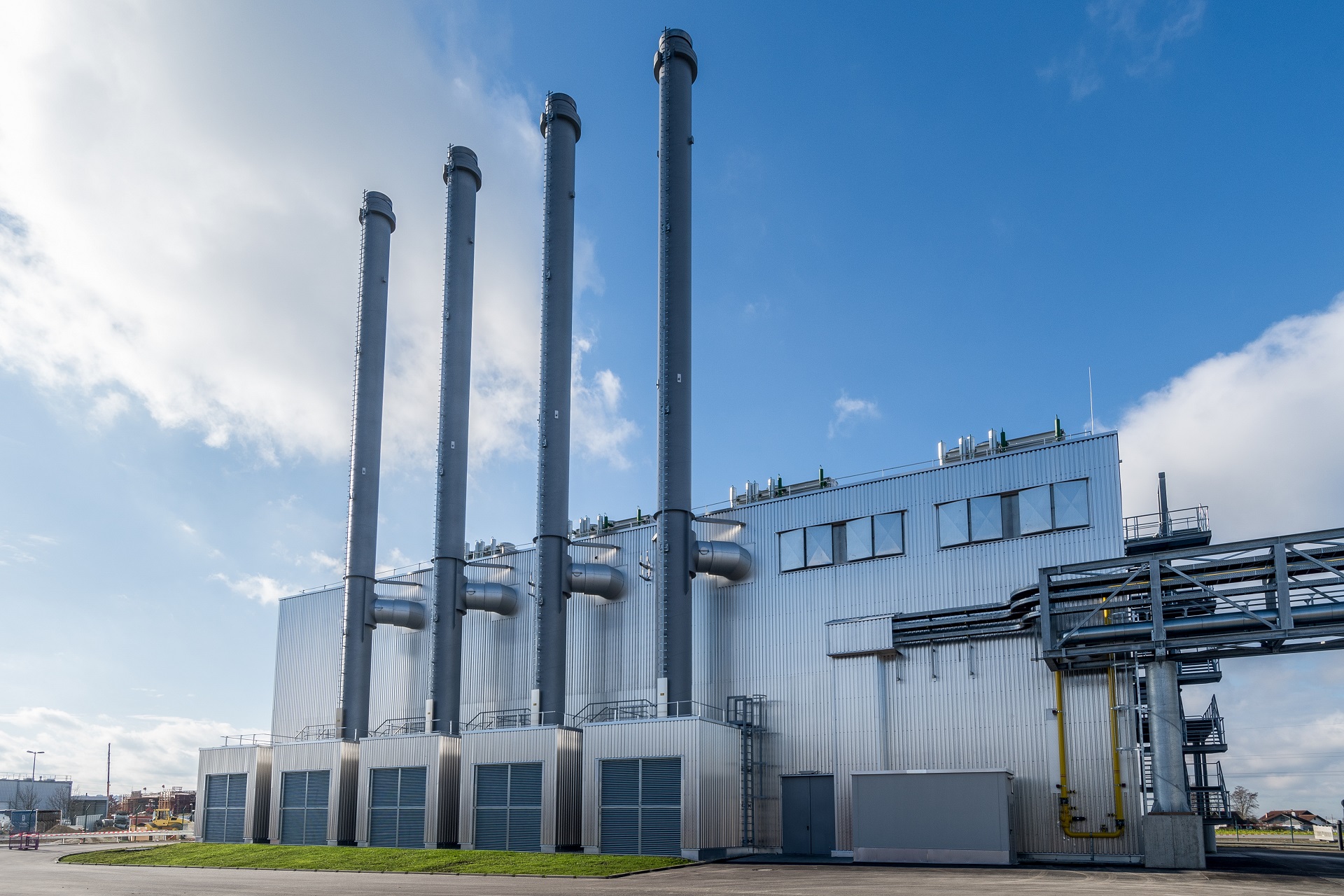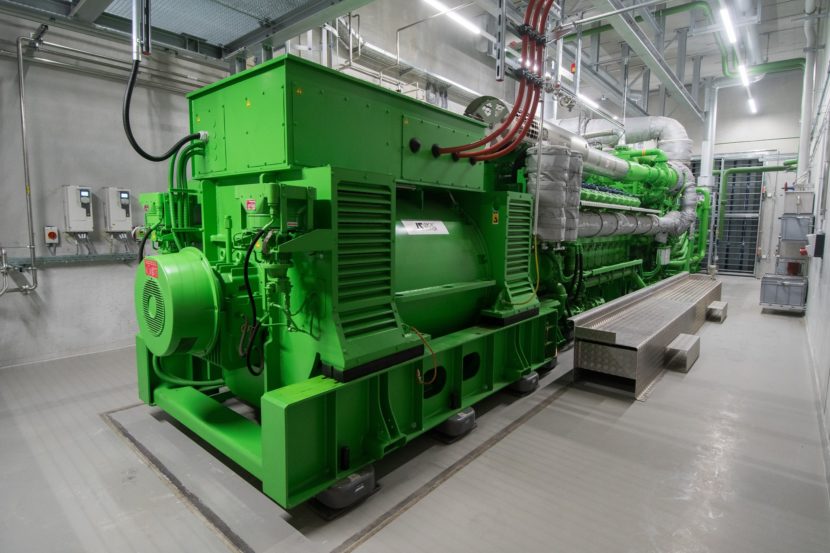BMW announced this week that its Dingolfing and Landshut plants are now working as part of the German electric network, acting as energy control stations, to help stabilize the network with sustainable, green power. Germany has one of the biggest green energy manufacturing systems in Europe and the trend is going upwards. The problem with renewable energy sources is that they can be quite unstable because of the way the energy is harness and therefore needs so-called energy control stations to keep things in check.
Together with other highly-flexible controllable systems in the BMW Group production network, the Dingolfing and Landshut plants will contribute to the stability of the public grid outside of the plant. Balancing energy serves as a versatile energy reserve that can be used to even out fluctuations in the grid. This is necessary because power generation from renewable energies depends on availability of sun and wind and can therefore only be controlled to a limited extent.
For this reason, network operators utilize so-called balancing power to ensure that the power grid remains stable, despite increasing integration of renewable energies. This applies when there is a surplus of electricity – for example, of wind power during stormy weather – but also when there is a surge in demand among electricity consumers in the network. If the target grid frequency drops below 50Hz, transmission system operators provide balancing energy to offset this – on an ongoing basis, virtually in real time.
“With this business model, we can help stabilize the grid and expand the use of sustainable-generated electricity,” says Dr. Joachim Kolling, head of BMW Energy Services. “Through intelligent connectivity and management of electricity producers, consumers and storage options, we are helping shape the energy grid of the future. The flexibility we provide paves the way for the CO2-free electric mobility of tomorrow,” adds Kolling.
As advancing electro-mobility brings new technical innovations, electrified vehicles will no longer just be consumers of electricity, but will also be able to feed power back into the grid, as needed. As Dr. Joachim Kolling puts it: “Think of our electrified vehicles as mobile power storage units. Not only will the stationary installations at our plants soon be networked to keep the grid stable, but so will our vehicles – with the consent of our customers, of course.”






































































